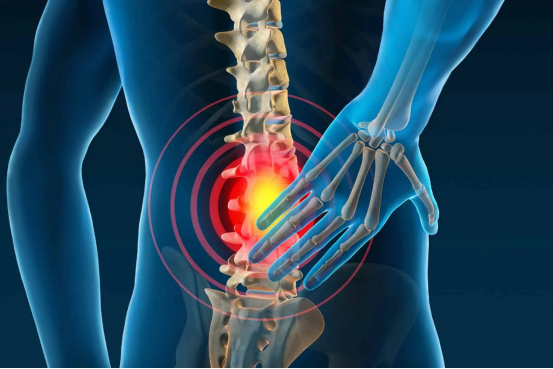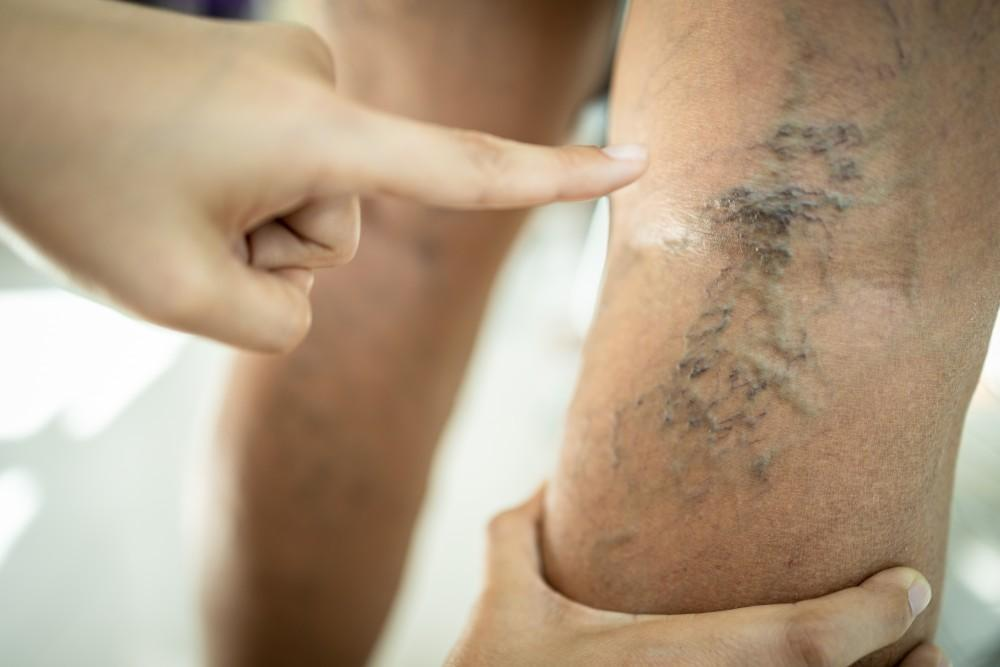Understanding Erectile Dysfunction
Causes, Symptoms, and Treatment Options

Erectile dysfunction (ED), a medical condition that impacts millions of men globally, causes difficulties in achieving or maintaining an erection suitable for sexual intercourse. Often surrounded by embarrassment, ED is not merely a physical condition but can also have significant psychological and emotional consequences. Comprehending the causes, symptoms, and treatment options for ED is essential for managing this condition and enhancing overall well-being.
In this article, we will delve into the crucial aspects of erectile dysfunction. We will highlight the factors contributing to it, identify the signs indicating its presence, and explore a diverse range of treatment options that can assist those affected. We will also discuss recent advancements in medical treatments, including FDA-approved medications like Kesimpta and Roflumilast Cream 0.3, which have shown potential in treating underlying conditions related to ED. Additionally, we will examine how to find effective solutions, such as locating ED specialists near you.
Understanding Erectile Dysfunction: What It Is
Erectile dysfunction, also known as impotence, is the inability to achieve or maintain an erection firm enough for sexual intercourse. It is a common condition that can occur occasionally in many men, especially under stress or in anxiety-inducing situations. However, when it becomes a recurring problem, it is classified as a medical condition.
ED often signals an underlying health issue or could be an indication of emotional or psychological stress. The severity of the condition can vary, with some men experiencing occasional difficulties while others face ongoing challenges.

Causes of Erectile Dysfunction
ED can result from a variety of factors, both physical and psychological. The causes can generally be categorized as follows:
Physical Causes
· Cardiovascular Diseases: Poor blood flow, high blood pressure, and heart conditions are among the leading physical causes of ED. Plaque buildup in arteries, known as atherosclerosis, can restrict blood flow to the penis, making it difficult to achieve an erection.
· Diabetes: Men with diabetes, particularly those with uncontrolled blood sugar levels, are at a higher risk of developing ED due to nerve damage and blood flow issues.
· Obesity: Excess body weight, especially around the abdomen, is associated with decreased testosterone levels and impaired blood circulation, both of which can contribute to ED.
· Medications: Certain medications, including those for high blood pressure, depression, or prostate conditions, can cause ED as a side effect. Medications like the Kesimpta injection, used in autoimmune diseases, may also be related to sexual dysfunction.
· Neurological Disorders: Conditions such as multiple sclerosis, Parkinson's disease, and spinal injuries can affect nerve signals to the penis, leading to erectile issues.
Psychological Causes
· Anxiety and Stress: Performance anxiety, work-related stress, or relationship problems can contribute to ED. This creates a vicious cycle where the fear of failure leads to increased erectile difficulties.
· Depression: Men suffering from depression often lose interest in sexual activities. Additionally, antidepressants may also impact sexual performance.
· Low Self-Esteem: Feelings of inadequacy, especially after an episode of ED, can lead to further psychological issues and exacerbate the condition.

Symptoms of Erectile Dysfunction
The primary symptom of ED is the consistent inability to achieve or maintain an erection. However, other associated symptoms may include:
· Reduced sexual desire or libido.
· Difficulty achieving an erection even after sexual stimulation.
· Trouble maintaining an erection throughout intercourse.
Symptoms can also affect emotional health, leading to frustration, embarrassment, and low self-esteem, further worsening the problem.
Diagnosis of Erectile Dysfunction
When diagnosing ED, doctors typically start with a comprehensive medical history and physical examination. The patient's psychological and emotional health is also evaluated, as these factors can often play a role. Common diagnostic tools include:
· Blood Tests: To detect underlying conditions like diabetes or heart disease.
· Urinalysis: To check for signs of diabetes and other potential health problems.
· Ultrasound: Used to examine the blood flow to the penis.
· Psychological Assessment: To determine if stress, depression, or anxiety contributes to the condition.
Treatment Options for Erectile Dysfunction
Treatment options for ED vary based on the underlying causes. These treatments range from lifestyle changes and medications to more advanced medical interventions.
Lifestyle Changes
Adopting healthier lifestyle habits can significantly improve erectile function. Key lifestyle changes include:
· Exercise: Regular physical activity improves cardiovascular health, boosts blood flow, and helps regulate weight.
· Diet: A heart-healthy diet rich in fruits, vegetables, and whole grains can reduce the risk of conditions like diabetes and high cholesterol that lead to ED.
· Stress Management: Practices such as mindfulness, meditation, or therapy can reduce anxiety levels, which often worsen ED.

Medications
Several FDA-approved medications are commonly prescribed for ED, including:
· PDE5 Inhibitors: These include Viagra (sildenafil), Cialis (tadalafil), and Levitra (vardenafil). They work by increasing blood flow to the penis during sexual stimulation.
· Kesimpta (Ofatumumab): Primarily used for treating autoimmune conditions, this drug is linked with addressing certain nerve-related dysfunctions.
· Roflumilast Cream 0.3: Though mainly used to treat skin conditions like psoriasis, the systemic benefits of such medications can sometimes support better blood flow, indirectly aiding in the management of ED.
Therapy and Counseling
Psychological counseling or therapy is recommended when ED has a mental or emotional component. Cognitive behavioral therapy (CBT) is particularly effective in addressing anxiety and depression-related ED.
Vacuum Devices and Implants
· Vacuum Devices: These devices create a vacuum around the penis, drawing blood into it to induce an erection.
· Penile Implants: In severe cases where other treatments are ineffective, penile implants or surgery may be considered as a last resort.
The Role of New Innovations: Ed Near Me & Arcutis FDA Approval
Recent innovations in ED treatment have focused on more personalized care. For instance, the ability to search for ED specialists near you using online platforms ensures quicker access to treatment. Moreover, advancements like Arcutis' FDA approval for drugs targeting specific skin and autoimmune conditions highlight the interplay between systemic health and sexual function.
Success Stories: Men Who Overcame ED
Many well-known figures have successfully managed their erectile dysfunction. For example, celebrities like former U.S. Senator Bob Dole openly discussed his experience with ED, which helped destigmatize the condition and highlight that solutions are available.

Taking Control of Your Sexual Health
Managing erectile dysfunction is not just about restoring sexual performance; it's about addressing overall physical and emotional well-being. With the variety of treatments now available, including new medications and lifestyle interventions, many men can regain confidence and improve their quality of life.
The key is to seek professional help and recognize that ED is a common and treatable condition. By understanding the causes, symptoms, and treatment options, men can make informed decisions about their health, fostering better outcomes and stronger relationships.






